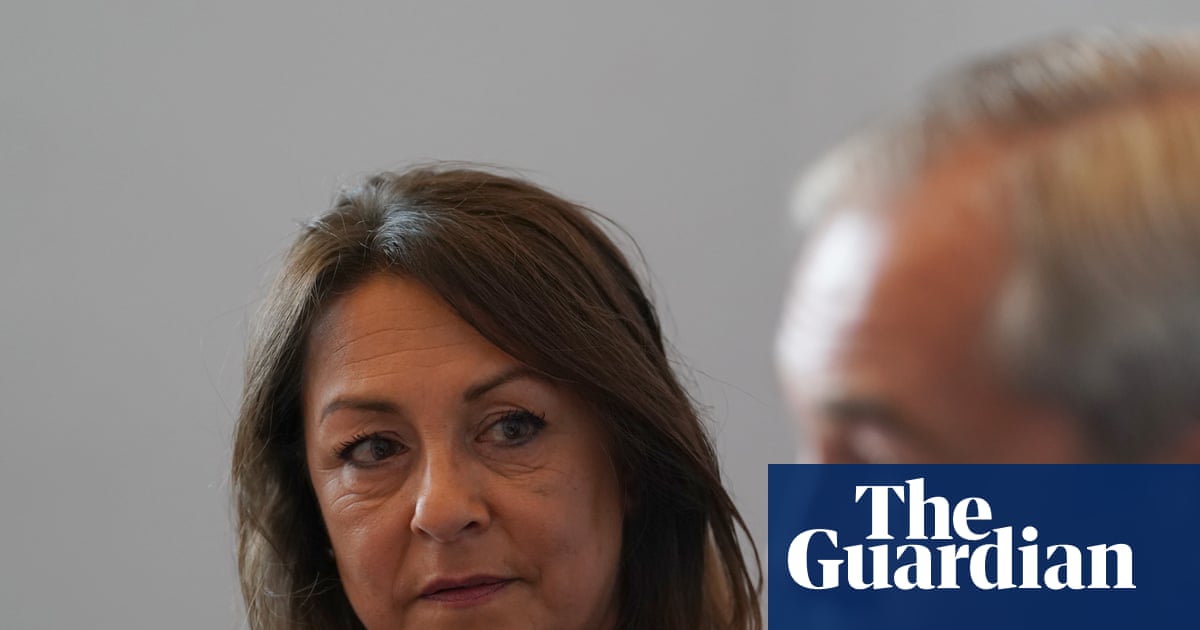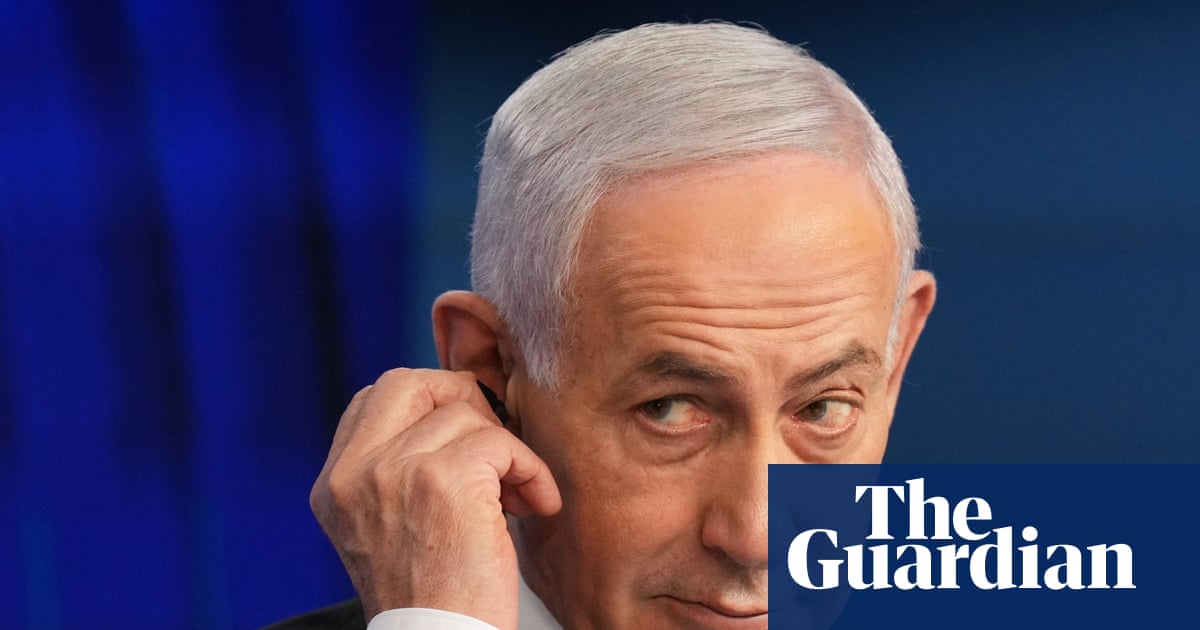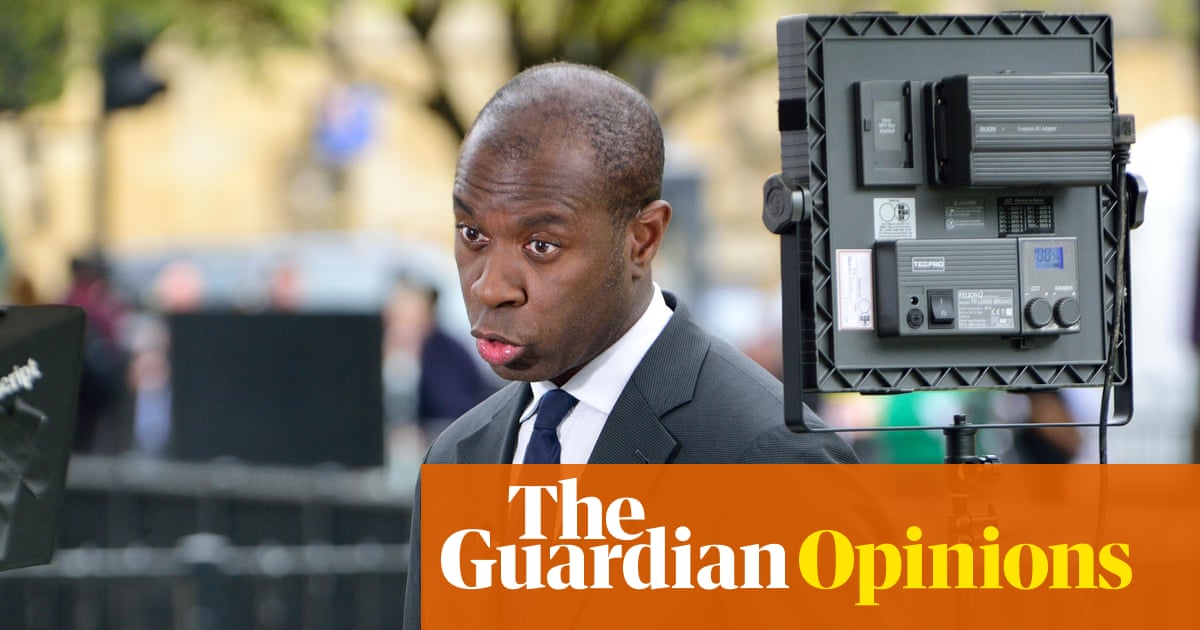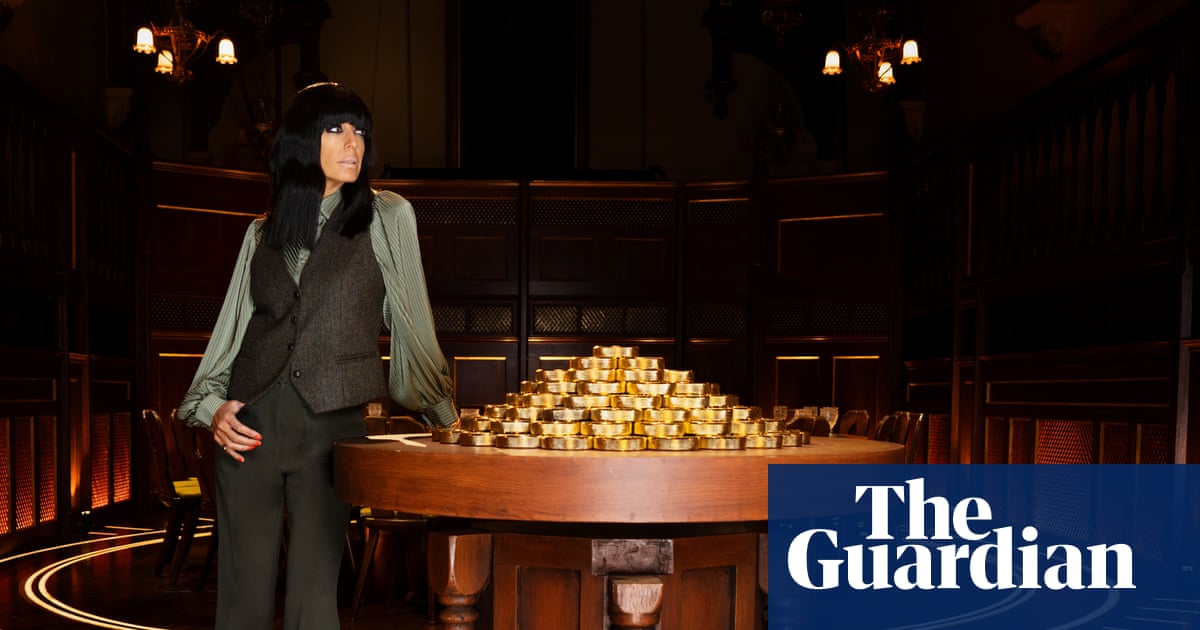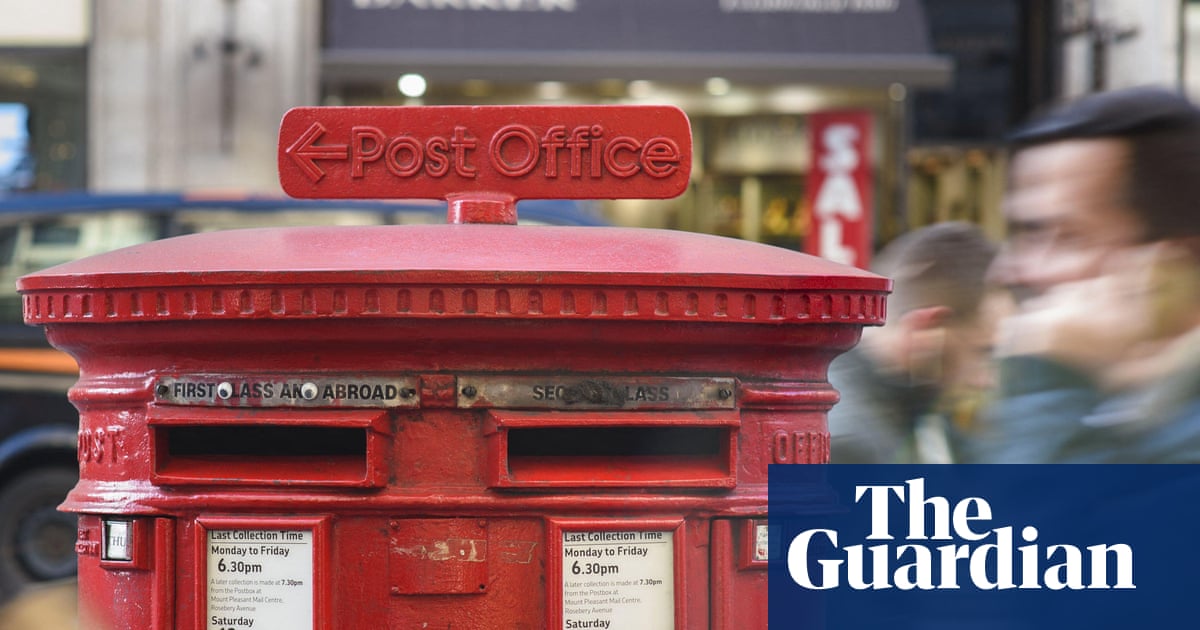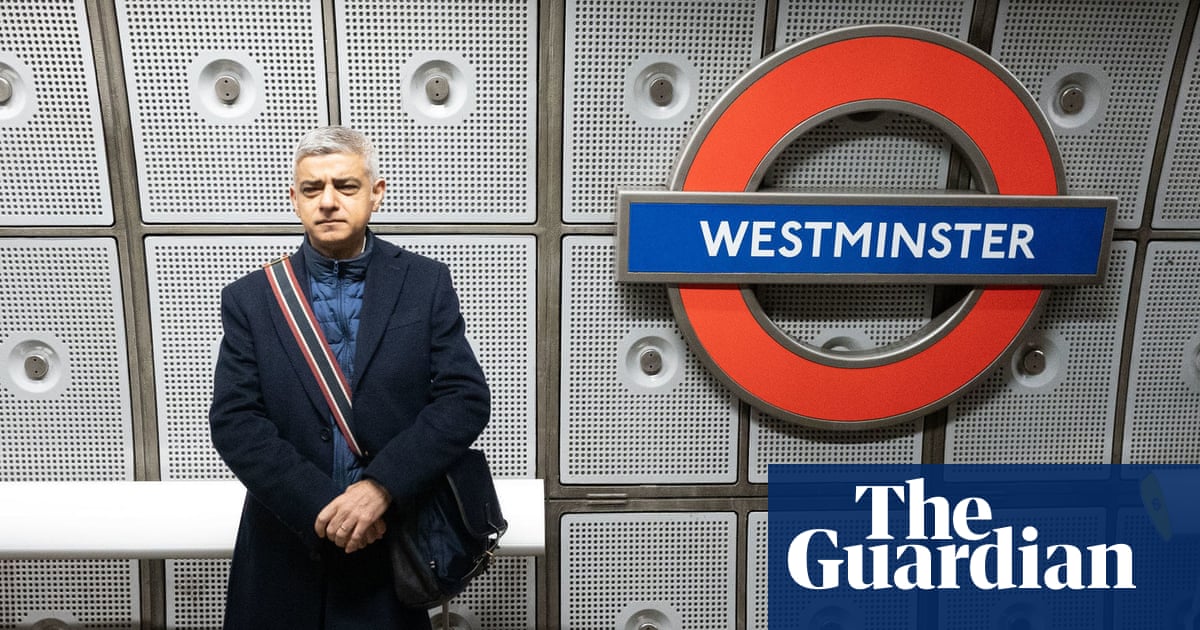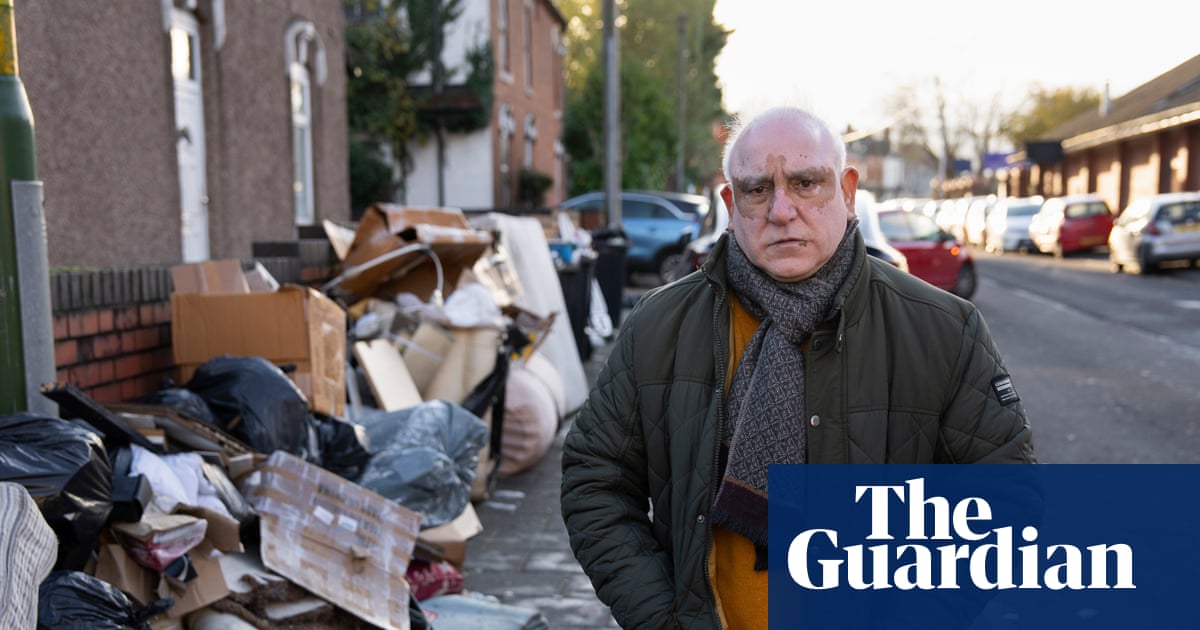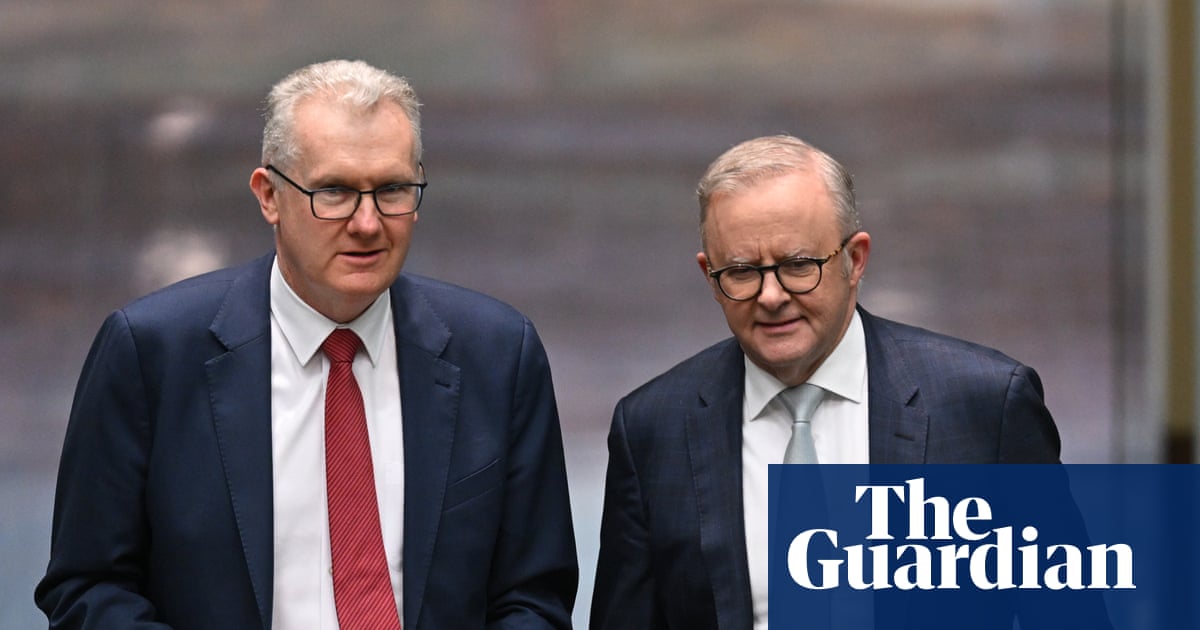Westminster has a habit of staging occasions that are at once both lacklustre and ridiculous, and last Tuesday saw yet another one. Rachel Reeves’s speech, we were told, was an act of “pitch-rolling”, performed because – in the words of Treasury sources – the chancellor and her colleagues were “desperate” to get her message across to the public. Here, unfortunately, was the essence of the event’s absurdity: as if to confirm people’s most cynical views of politics, she served notice that she is about to do something hugely significant, but refused to explicitly say what it is.
But thanks to nods, winks and the usual anonymous briefings, what she was signalling was obvious: she could no longer honour her party’s manifesto pledge not to raise national insurance, VAT or income tax – and that, in a gambit last tried by a chancellor in 1975, the latter’s basic rate is likely to go up.
If that happens, it will be a massively dangerous moment. Whatever sweeteners are offered and however much ministers might point to additional measures that will hit higher earners, one of the few memorable promises made at the last election will have been broken. The move, moreover, will confirm something that I see and hear whenever I go out reporting: the fact that millions of people resent the feeling of paying more and more for less and less. The public’s already woeful levels of trust in traditional politics will probably reach a new low, with potentially seismic consequences – and not just for Reeves and her party.
The essential point was made a few days before Reeves’s speech by Luke Tryl, the UK director of the thinktank and research organisation More In Common, and someone with an incisive understanding of where we have arrived. “I still don’t think enough people realise how much traditional mainstream politics is in the last chance saloon, in no small part because it can’t be trusted to deliver what it promises,” he said on X. “Already the combined Green/Reform vote is higher than [the] Tory/Labour vote – previously unthinkable.”
We are, in other words, in the middle of a huge fragmentation-cum-realignment, which Reeves, Keir Starmer and their colleagues seem only to be accelerating. Reform UK’s lead in the polls will soon be a year old. The Green party seems to have recently drawn level with Labour – and, in at least one recent case, pulled slightly ahead. The Liberal Democrats are rarely far behind. The Tories, who got 43% of the vote in 2019, are now also in the mid-teens. Factor in Plaid Cymru’s creditable ratings in Wales and the revival of the SNP in Scotland, and the picture is complete (for now).
The truth is that a trend of turbulence and insurgency has been gaining pace for years. If you wanted to take a very long view, you could go back to 1974, and two general elections when the old Liberal party got nearly 20% of the poll, there were Plaid breakthroughs and, in the second contest, the SNP won nearly a third of the vote in Scotland. But the clearest story goes back about a decade. In the wake of Ukip winning nearly 4m votes at the following year’s general election, the vote for Brexit told the same story even more spectacularly. In turn, that led on to the wild swings that turned so many Labour heartlands blue in 2019 , and the defining facts of last year’s election: advances for Reform, the Greens and the Lib Dems, and a Labour win secured with the support of only 20% – 20%! – of the total electorate.
Why is all this happening? Clearly, the reasons run much deeper than the charisma and agility of Nigel Farage and the Greens’ new leader, Zack Polanski, and the comparatively leaden vibes of Starmer, Reeves and Kemi Badenoch. Though the country’s stagnating condition is massively relevant, the fundamental reasons also go beyond an economy and society that have sat basically unchanged since the financial crash of 2008, and the failures of the various administrations that have run the UK since.
Fundamentally, politics is fast-changing and multifaceted mainly because modern human beings are – and in the absence of the kind of institutional guardrails that preserve the two-party system in the US, voters’ choices reflect their lives. People’s identities are complicated – something intensified by the means of communication we still clunkily call social media. There will, therefore, be no going back to a majoritarian politics in which most voters loyally choose one of two archaic teams. All that has gone. What hasn’t yet occurred to most politicians is that the same applies to people in suits spouting cliches about “hardworking families”, the daily (legacy) media round, “pitch-rolling” speeches and all of Westminster’s other outmoded rituals.
In the face of that huge change, the Tories and Labour have a lot in common. They carry on in the hope that 20th-century politics can somehow be revived, and behave as if something is terribly wrong when the old ways don’t work. On the current evidence, despite the fact that this is clearly no time for unforced errors, they have also responded to transformed realities with panic, and a governing style that tends to mix complacency with ineptitude.
Labour has not, of course, got anywhere near the Liz Truss catastrophe – indeed, Reeves’s core principle is the avoidance of anything even remotely similar. But after less than 18 months in power, it is now indelibly the party that got in a terrible mess over the winter fuel allowance, and then fell into the up-the-hill-then-down-again farce of its proposed cuts to disability benefits. Amazingly, it still has no coherent narrative it can call on when it collides with completely predictable difficulties – such as the need to break a rash promise on tax that it was probably never going to be able to keep. We now learn that its last electoral hope may lie in people tactically voting en masse against Reform, and the belief that, as one insider put it last week, “even if they hate us, they hate Farage more”. That is pitiful, and a sign that Labour may simply not be able to cope with the 21st century.
after newsletter promotion
Soon enough, an electoral system completely ill-suited to seven-party politics may nonetheless give Reform a Commons majority, or allow it to lead a coalition. That would be a waking nightmare, but there is one ray of hope. One of the key elements of the political mood is the sense of a constant, bitter revolt against power, and the fact that incumbency is the worst political look of all. If today’s insurgents and troublemakers become tomorrow’s ruling establishment, the turbulence and complexity they feed off will soon come for them too. That is an indication of what the modern political cycle really is: a twisted wheel, spinning faster than any of us yet understand.
-
John Harris is a Guardian columnist

 1 month ago
57
1 month ago
57
